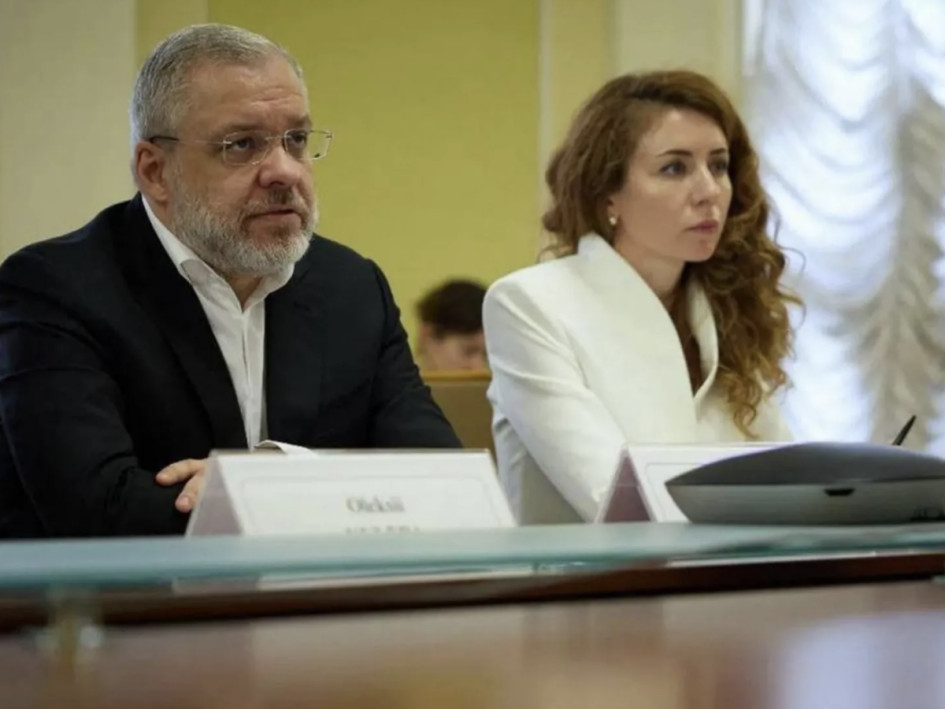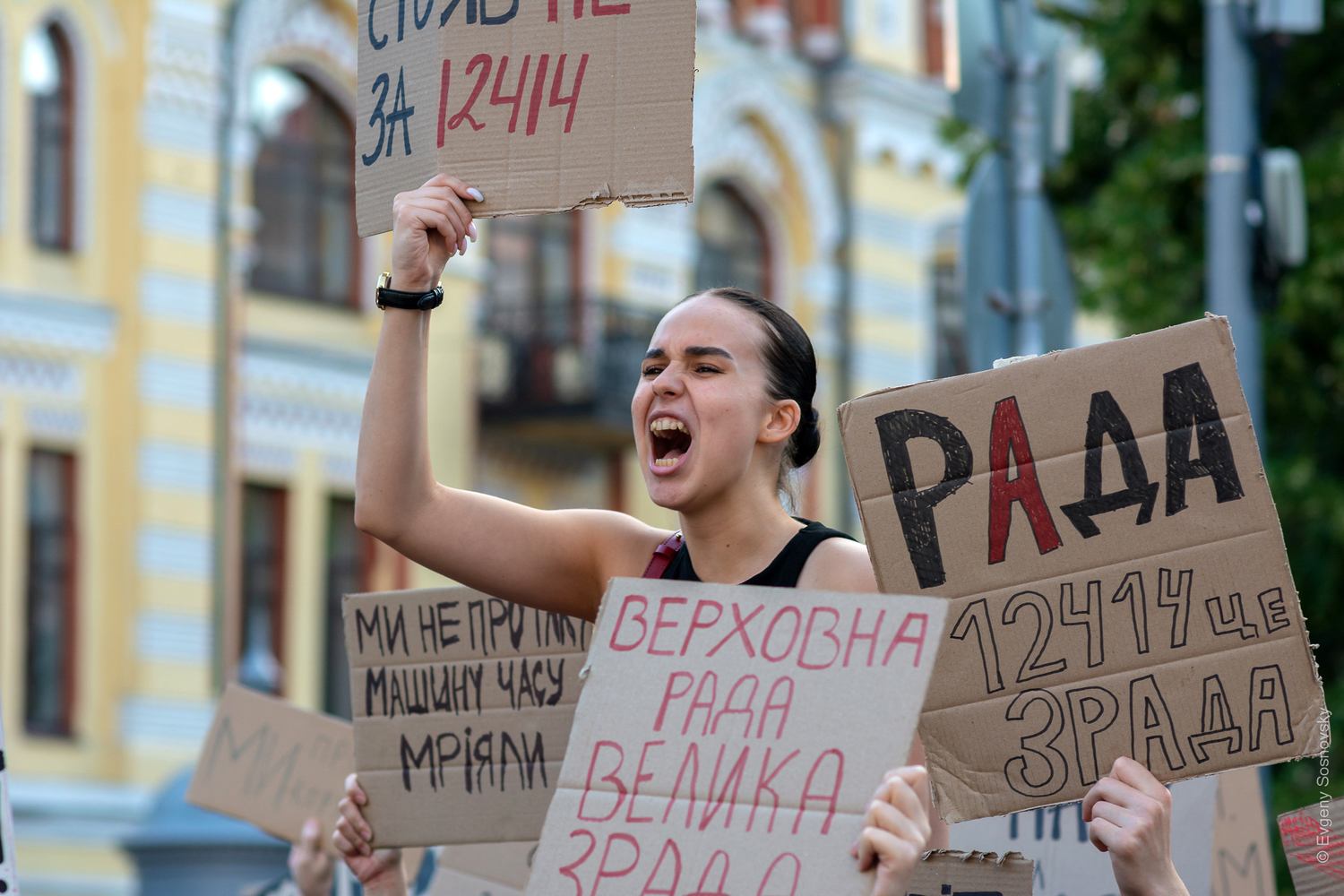Ukraine’s National Anti-Corruption Bureau raided 10 locations on 10 November, exposing systematic corruption worth at least $100 million in the country’s nuclear energy sector, triggering a governmental crisis that has left the ruling majority reeling.
The revelations documented systematic kickbacks at Energoatom—Ukraine’s state nuclear power operator. Contractors paid 10-15% of contract values to officials in exchange for protection and security contracts.
Investigators used codenames for suspects. Recordings identified “Carlson”—allegedly Tymur Mindich, Zelenskyy’s business partner from Kvartal-95 studio—as performing “the function of a top manager,” though investigators say he “was not the main beneficiary.”
Mindich fled Ukraine hours before NABU detectives arrived. The scandal left parliament “torn apart” as MPs fielded offers to defect to other factions, Ukrainska Pravda reported.
Ministers dismissed, government in crisis
The parliament dismissed Energy Minister Svitlana Hrynchuk and Justice Minister Herman Halushchenko on 19 November. The European Solidarity party initiated procedures to dismiss the entire Cabinet, with 51 MPs signing a no-confidence motion.
“When millions of Ukrainians were left without electricity during shelling, when the best were dying every day at the front, another ‘battery’ was working in the rear—the one that charged the pockets of the chosen ones,” the party stated. “One hundred million dollars that could have gone to protect the energy infrastructure turned up in Energoatom’s schemes.”
The revelations broke Ukraine’s unspoken wartime agreement: no public criticism of Zelenskyy while the nation fights for survival.
The scale and cynicism of the scheme—enriching officials connected to the president while civilians froze and soldiers died—crossed a red line even wartime unity couldn’t protect.
The scheme operated like a bank—with its own accounting, currency operations, and a geography spanning from Kyiv to Atlanta, Georgia, and Moscow. The money-laundering office operated from central Kyiv, belonging to the family of Andriy Derkach, a former Ukrainian MP now serving as a Russian senator.
The operation processed approximately $100 million using cryptocurrency and collected cash at 30 different locations across Kyiv to avoid detection.
Zelenskyy’s careful response
Zelenskyy addressed Operation Midas in his evening address on 10 November, hours after the raids. “Any effective action against corruption is very much needed. The inevitability of punishment is essential,” he stated. “Energoatom currently provides Ukraine with the largest share of power generation. Integrity within the company is a priority.”
He neither mentioned Mindich nor addressed searches at Halushchenko’s residence.
“The energy sector and every branch, everyone who has constructed corrupt schemes, must face a clear procedural response. There must be convictions,” Zelenskyy continued. “And government officials must work together with NABU and law enforcement bodies—and do it in a way that delivers real results.”
His administration faced mass protests in July after attempting to subordinate NABU through Law 12414. Parliament reversed the law after 10 days.
EU: functioning institutions, but concerns remain
European Union officials praised Ukraine’s anti-corruption institutions after the revelations—but only once the dismissals started. EU High Representative Kaja Kallas called the corruption scandal “deeply regrettable” at the G7 foreign ministers’ summit, stressing “there is no place for corruption, especially not now.” “It is literally the people’s money that should go to the front lines,” she stated.
European Commission spokesperson Guillaume Mercier emphasized,
“This investigation shows that anti-corruption bodies are in place and functioning in Ukraine. The Commission will continue to monitor the situation.”
European Pravda reported European politicians reached “almost complete consensus” that financial support must continue. Key capitals issued statements confirming assistance wouldn’t suffer.
Yet behind closed doors, EU officials are applying significant pressure, according to sources familiar with the discussions. The EU has already conditioned billions in assistance on effective anti-corruption enforcement—€50 billion is at stake.
The first cluster of EU accession talks will be Fundamentals, which includes anti-corruption requirements. How Ukraine handles accountability for this scandal will prove crucial for its membership prospects.
The investigators who made it possible remain imprisoned
Operation Midas succeeded because of a 15-month investigation led by NABU detectives. Detective Ruslan Mahamedrasulov organized the operational information gathering that made the raids possible.
He remains imprisoned on espionage charges filed in July, four months before these corruption revelations triggered Ukraine’s governmental crisis.
Detective Viktor Gusarov also remains behind bars. Both face espionage charges that investigators have yet to substantiate with evidence. Whether Ukraine’s anti-corruption success proves sustainable depends on holding accountable not just corrupt ministers, but those who targeted the investigators who exposed them.


